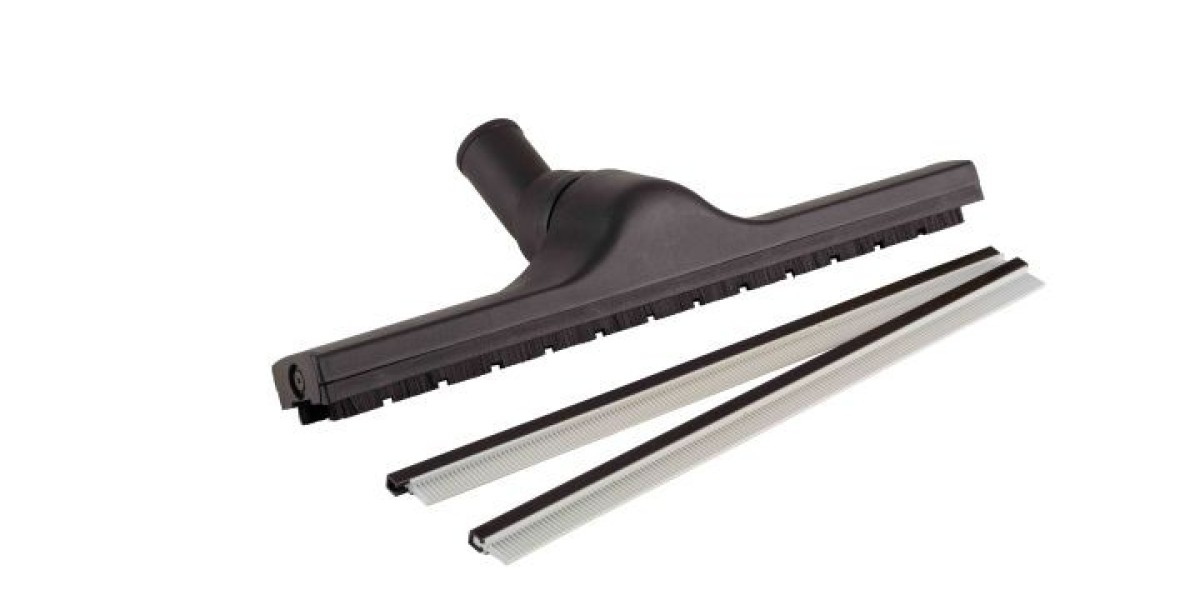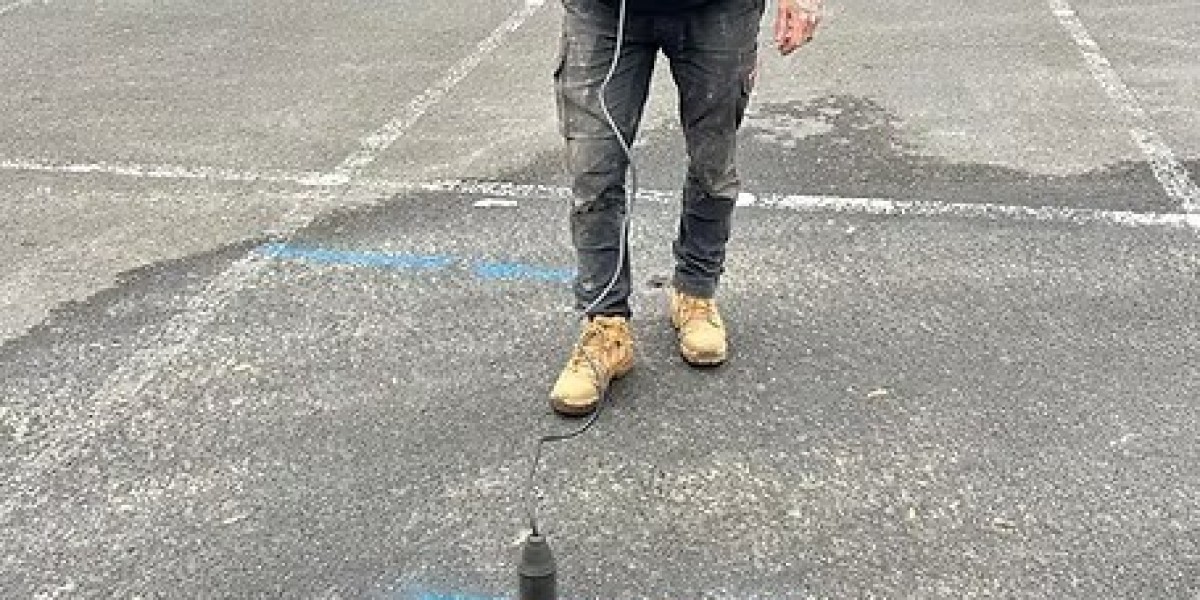Nilfisk vacuums are strong, durable, and trusted by many people around the world. But like any machine, parts wear out over time. To keep your vacuum working its best, you may need to replace a few pieces. That’s where Nilfisk Vacuum Cleaner Parts come in. Using the right replacement parts can keep your vacuum running like new.
In this article, we’ll look at the most common Nilfisk vacuum parts that people often need to replace — and why.
1. Filters
Filters are one of the most important parts of your Nilfisk vacuum. They catch dust, dirt, and tiny particles. This helps protect the motor and keep the air clean.
Over time, filters get full or clogged. When this happens, your vacuum loses power and doesn’t clean well.
How often to replace:
Every 3 to 6 months, or as recommended in your user manual.
Signs you need a new filter:
Reduced suction
Bad smell
Visible dirt buildup
2. Vacuum Bags
If your Nilfisk vacuum uses bags, you’ll need to change them often. The bag collects all the dirt and dust. A full bag can block airflow and lower performance.
How often to replace:
When it’s full, or at least once a month with regular use.
Signs the bag is full:
Weaker suction
Dust blowing from the vacuum
Indicator light turns on (if your model has one)
Always use the correct bag size and type for your Nilfisk model.
3. Brush Rollers
Brush rollers, also called beater bars, spin to lift dirt from carpets. Hair, string, and debris can get wrapped around the brush. Over time, brushes wear out or stop spinning.
How often to replace:
Every 6–12 months, depending on use.
Signs you need a new brush:
Vacuum doesn’t clean carpets well
Roller is worn down or cracked
Loud noise from the brush area
Cleaning the brush regularly can make it last longer.
4. Belts
The belt connects the motor to the brush roller. It helps the brush spin. If the belt breaks or slips, the brush won’t move.
How often to replace:
Every 6 months or when broken.
Signs the belt is bad:
Brush roller not spinning
Burning smell
High-pitched squeal
Always use the right size belt for your Nilfisk model.
5. Hoses
Hoses carry the dirt from the nozzle to the vacuum bag or bin. Over time, hoses can get holes, cracks, or clogs. This can reduce suction power.
How often to replace:
As needed — inspect every few months.
Signs your hose needs replacing:
Visible holes or damage
Loss of suction
Dirt leaking from the hose
Try cleaning the hose first. If that doesn’t work, a replacement may be needed.
6. Wheels and Casters
Wheels help your vacuum move easily. If a wheel breaks or falls off, it can make cleaning harder.
How often to replace:
As needed
Signs to replace wheels:
Broken or missing wheels
Vacuum is hard to push or pull
These parts are easy to replace and help improve movement and control.
7. Power Cords and Plugs
If your vacuum’s power cord gets damaged, it can be unsafe. A broken plug or frayed cord can also stop the vacuum from turning on.
How often to replace:
When damaged
Signs you need a new cord:
Exposed wires
Vacuum cuts out during use
Plug feels loose or gets hot
Always unplug the vacuum before checking or replacing the cord.
Why Use Genuine Nilfisk Parts?
Using real Nilfisk parts is very important. Genuine parts are made to fit your vacuum perfectly. They last longer and work better.
Fake or cheap parts may not fit right. They can damage your vacuum or wear out quickly.
Always check that the part you buy is marked “genuine” or “OEM” (Original Equipment Manufacturer).
Final Thoughts
Nilfisk vacuums are built to last. But to keep them working their best, some parts will need to be replaced. The most common Nilfisk Vacuum Cleaner Parts people replace are filters, bags, brush rollers, belts, hoses, and cords.
Replacing worn-out parts helps your vacuum clean better and last longer. Always choose genuine Nilfisk parts for the best results. Regular maintenance and timely replacements can keep your vacuum in top shape for many years.







